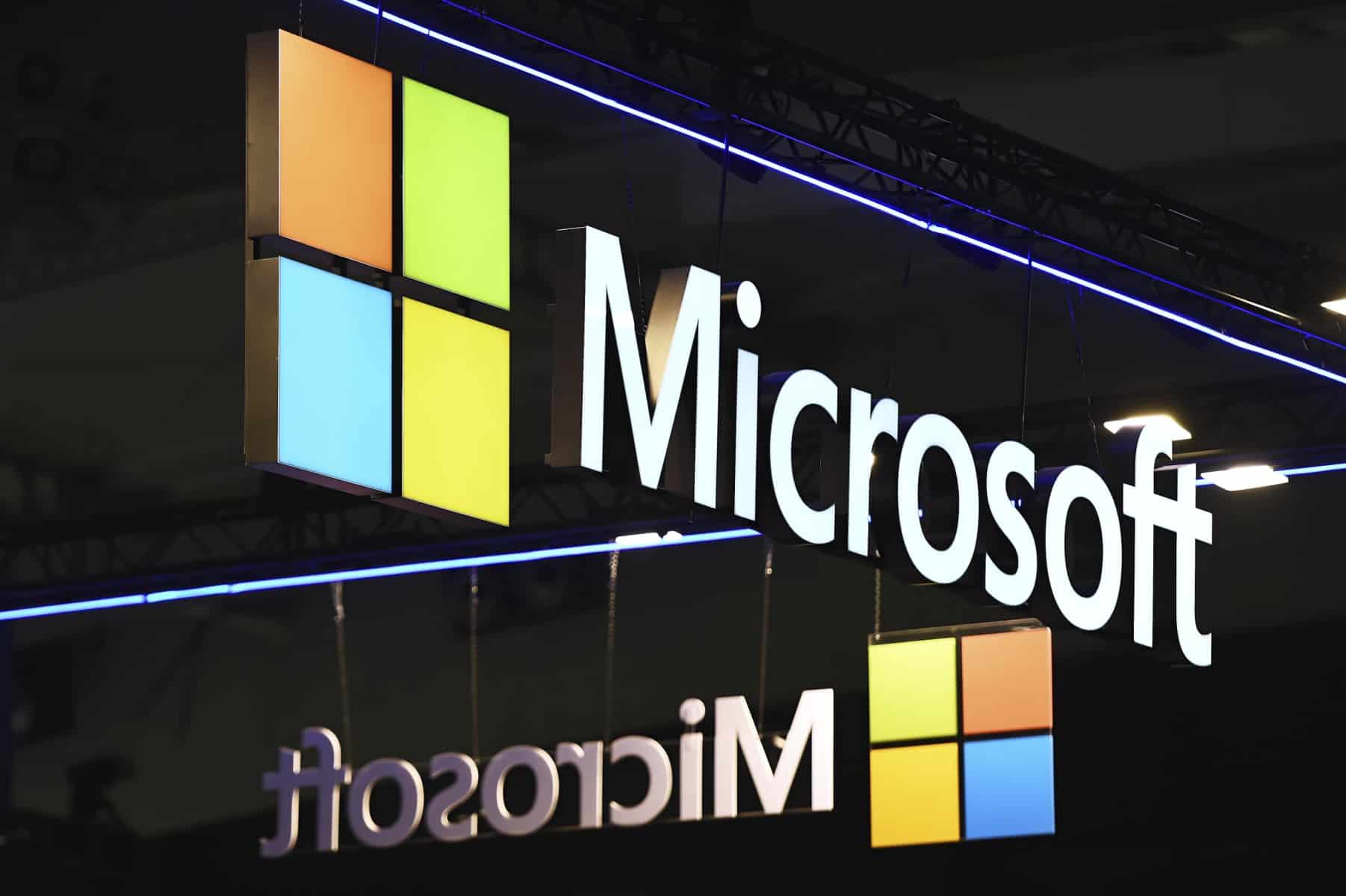Berlin, Germany – Germany’s anti-cartel watchdog said Tuesday it was examining if it needed to place US giant Microsoft under close watch for any possible abuse.
The Federal Cartel Office said it was taking a first step to see if Microsoft is of “paramount significance across markets”.
If this is found to be the case, the action could pave the way for the authorities to take preventive action against anti-competitive practices.
The authority’s president Andreas Mundt noted that Microsoft has had a longstanding and strong position with its Windows and Office products.
The company has also significantly grown its cloud services Azure and OneDrive, as well as its Teams video conference services.
“More recently, the company has attracted attention with the integration of AI applications,” said Mundt.
“In light of this, there are good reasons to examine whether Microsoft is of paramount significance for competition across markets. Such a finding would allow us to take action at an early stage and prohibit possible anti-competitive practices,” he said.
The watchdog had already placed Google and Meta — the company which owns Facebook, WhatsApp and Instagram — under reinforced monitoring.
Such action was made possible by the amended German Competition Act, which came into force in January 2021, and which allows the authority to intervene earlier, particularly against huge digital companies.
Big tech companies have been facing increasing scrutiny around the globe over their dominant positions as well as their tax practices.
The EU and Britain in March opened antitrust probes into a 2018 deal between Google and Meta allegedly aimed at cementing their dominance over the online advertising market.








